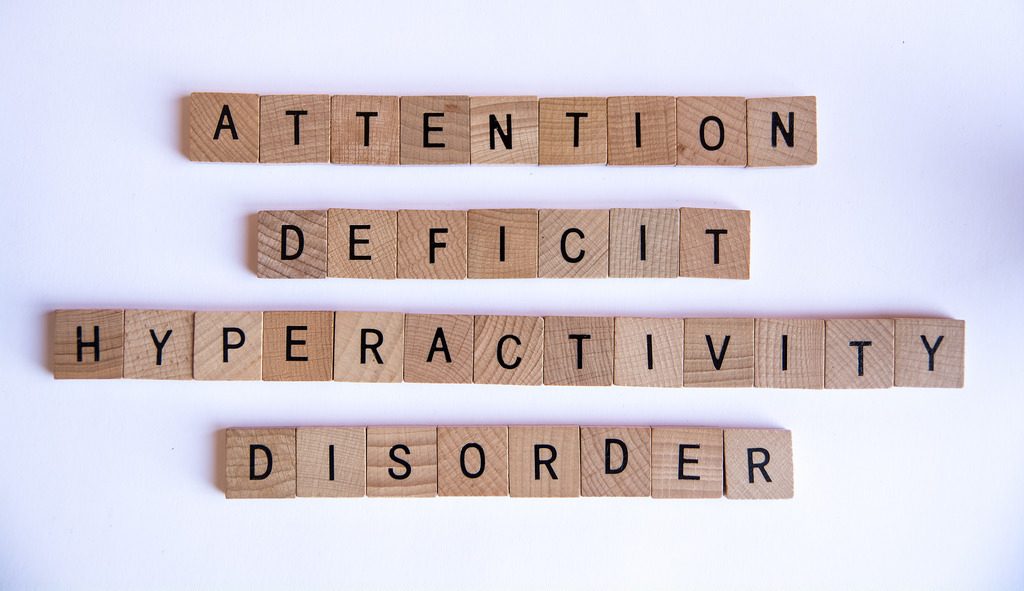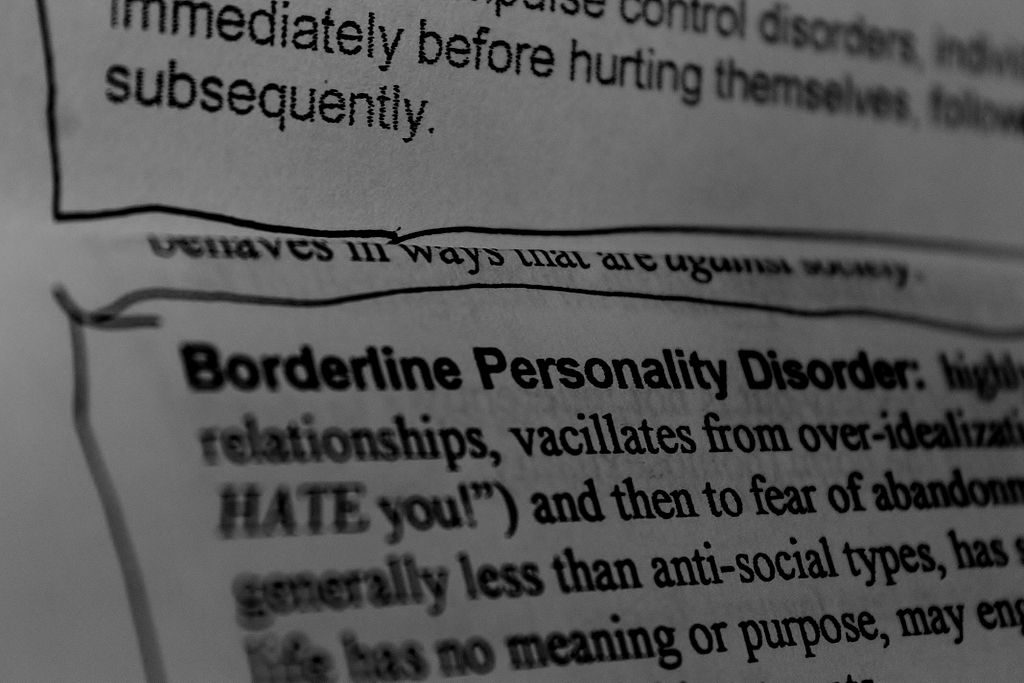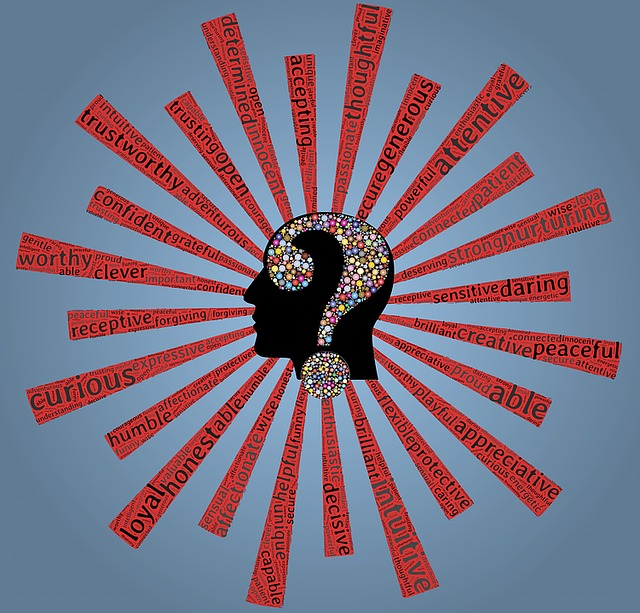Stress is a natural aspect of life and can serve as inspiration to complete tasks. High levels of stress resulting from severe illnesses, job losses, family deaths, or traumatic life events can be considered an inevitable aspect of life. It’s typical for a client like you to feel depressed or anxious for a period.

Stress can come from any negative thought or experience that causes you to feel anxious, annoyed, or frustrated. Your body’s response to a demand or challenge is stress. Stress can be beneficial in little bursts, such as when it keeps you safe or allows you to fulfill a deadline. However, chronic stress can be detrimental to your health.
As a person you should consider yourself because when you’re endangering your whole health when you live with excessive stress. Stress negatively impacts not only your general mental and physical well-being but also your emotional stability. It limits your capacity for logical thought, effective performance, and enjoyment of life.
You may be healthier, happier, and more productive by removing the negative effects of stress on your life with effective stress management. The ultimate target is to have a healthy life that includes time for relationships, work, leisure, enjoyment, and the fortitude to face obstacles head-on and persevere under pressure. However, stress management doesn’t have a one-size-fits-all approach. Trying different things is crucial until you figure out which works most effectively for you.
Consult a medical professional if your anxiety or depression lasts longer than a few weeks or starts getting in the way of your life at home or work. Medication, therapy, and other tactics can be beneficial. You can learn certain skills to assist you in managing stress over time before it becomes too much. Try these suggestions to manage your stress.
Identify The Sources Of Stress In Your Life
Finding the causes of your stress is the first step in managing the pressure you experience. It’s more complex than it seems. While significant stresses like relocating, transferring jobs, or dealing with a divorce are easy to detect, identifying the origins of ongoing stress can be more challenging. Ignoring how your attitudes, sentiments, and actions affect your stress levels daily is incredibly simple. Although you may be aware that you’re often anxious about work deadlines, it’s possible that your procrastination is to blame for your stress levels rather than the demands of your job itself. You can better understand the recurring stressors in your life and how you handle them by keeping a stress journal. Note down your level of stress each time and indicate the cause.
Adapt To The Stressors
Change your mindset if you can’t alter the stressor. You can adjust to difficult circumstances and reclaim your sense of control by altering your expectations and perspective. Make an effort to see the bright side of things. Consider it the perfect chance to take a break and refocus. You can listen to your preferred radio station or spend some alone time instead of getting upset over an uncontrollable circumstance. Examine the larger picture and modify your expectations. Engage in an act of thankfulness and pause to consider all the blessings in your life, including your attributes and talents. You may maintain perspective by using this easy tactic. Establish fair expectations for you and others, and come to terms with “good enough.”

Slow Down And Take A Break
Make time for genuine relaxation to let your mind decompress from tension. It could be difficult for you to get started if you’re the type who enjoys setting objectives. But if you persevere, you’ll look forward to these times. Activities that promote relaxation include yoga, meditation, spending time in nature, enjoying relaxing music, and watching your favorite TV series. Consider slowing down if you are overly preoccupied with managing the things around you or even attempting to balance work and life. Allocate some time for relaxation or engage in other enjoyable activities. Avoid spending too much time reading, viewing, or absorbing news post, especially on social media. Try to turn off your computer, TV, and phone.
Accept The Things You Can’t Change
There are some stressors that cannot be avoided. There is no way to stop or alter stress. Accepting things as they are in these situations is the greatest way to manage tension. While acceptance can be challenging, it’s ultimately less stressful than lashing out against something you can’t control. Avoid trying to control the uncontrollable. Many situations in life are out of our control, especially when it comes to other people’s behavior. Instead of obsessing about them, concentrate on matters you have power over, such as the course of action you take in response to issues. When faced with significant obstacles, attempt to see them as chances for personal development. If you made a wrong choice in the past that led to a stressful scenario, think back on it and learn from it.
Exercise Or Engage In Physical Activity
Regular exercise is considered to be one of the helpful and finest strategies to unwind both mentally and physically. Exercise also lifts your spirits. But for it to be effective, you have to do it frequently. Engage in moderate physical activity for up to two hours and thirty minutes, such as brisk walks, or more intense physical activity for up to seventy-five minutes, such as running, swimming laps, jogging, or other sports. Make sure you create and stick to realistic exercise objectives to avoid giving up. Most of all, understand that performing any kind of exercise is more beneficial than none at all.
Cut Out Unhealthy Ways Of Dealing With Stress
Many of us feel so stressed out we resort to unhealthy and unproductive ways to cope. Many ineffective techniques can alleviate stress in the short term but ultimately do more harm than good. Among these are excessive sleeping habits, drug or alcohol use, smoking, binge eating junk food, and retreating from social interactions with friends and family, in addition to procrastinating and zoning out while in front of the TV or smartphone for hours at a time, you might also find that during stressful moments, you take out your frustrations on other people by snapping, losing your temper, or threatening to inflict harm. It’s time to switch to healthy coping mechanisms that give you a sense of peace and control if your current stress management resources aren’t improving your overall emotional and physical health.
Eat A Well-Balance Healthy Diet
Eating nutritious foods improves not just your physical appearance but also your emotional well-being. Stress can be mitigated, your immune system strengthened, your state of mind stabilized, and your blood pressure lowered with a nutritious diet. The converse may occur if there is a lot of extra fat and sugar. And junk food may appear even more attractive when you’re experiencing a lot of anxiety and stress. Thus, look for lean proteins, fatty acids, and complex carbohydrates—found in nuts, fish, meat, and eggs—to keep balanced and healthy.
Furthermore, check for the ones with beneficial antioxidants. They guard your cells from the harm that long-term stress might bring about. They are present in an enormous range of foods, including grains, beans, berries, fruits, vegetables, and herbs like ginger.
Alter The Stressful Situation
This frequently entails altering the way you interact with people and handle yourself on a regular basis. Instead of holding your emotions inside, let them out. Express your worries politely and openly if something or someone is upsetting you. Tension and dissatisfaction will rise if you don’t express your emotions. Don’t let your needs come last; instead, be more assertive. Take address issues head-on, making every effort to foresee and avoid them. Strive to strike a balance between your personal and professional lives, your social life and your alone time, and your daily obligations and leisure time.

Manage Your Time Better
A lot of tension can be brought on by poor time management. It’s challenging to remain organized and concentrated when you run behind schedule and often do not follow your routine. Additionally, you’ll feel pressured to forgo or minimize all the beneficial activities you should engage in to manage your stress, such as socializing and getting adequate sleep. Fortunately, there are steps you may take to improve your work-life balance. Among them is breaking down tasks into smaller stages rather than attempting to do everything at once. Setting priorities and completing things in order of significance is another. Just be careful not to overcommit. Refrain from planning excessively into one day or scheduling too many things in one sitting.
Connect To Others
Nothing is more soothing than spending time with someone you share life with who gives you a sense of security and understanding. Remember that you don’t need the individuals you talk to be able to relieve your stress. All they have to do is listen well. Additionally, aim not to let the fears about coming out as needy or weak prevent you from being open. Your confidence will touch the individuals you care about. You two will only get closer as a result. Even if it’s not always possible to rely on a friend when stressed out, you can increase your ability to handle life’s challenges by creating and sustaining a network of close friends. Have the knowledge to practice learning other people’s feelings as you explore yours. Whether these are adults, kids or children.
Final Thoughts
Many strategies for managing stress and adversity—difficulties in life—are provided to clients by a therapist. You can live a healthier and more balanced life by learning to manage your stress. Thus, try not to let it depress you. If you can, try considering these practical suggestions for stress relief or consult an art therapist for additional advice.
Frequently Asked Questions (FAQs)
Why is creative counselling important?
What is the reasoning behind using creative arts in counseling?
What are the creative approaches to counselling?
What is a creative way of counselling?
Why is creative thinking an important life skill?
Why do you think creative thinking is important?
What are the benefits of creative thinking to an Organisation?
What is creative thinking and why is it important for entrepreneurship?
Is creative arts therapy effective?
What is the main purpose of creative arts?
What is creative and therapeutic activities?
What are the benefits of creativity and the arts for society?
What is the purpose of creativity and craft?
What are the most important parts when defining creative arts therapy?
How does art develop creative thinking?


























